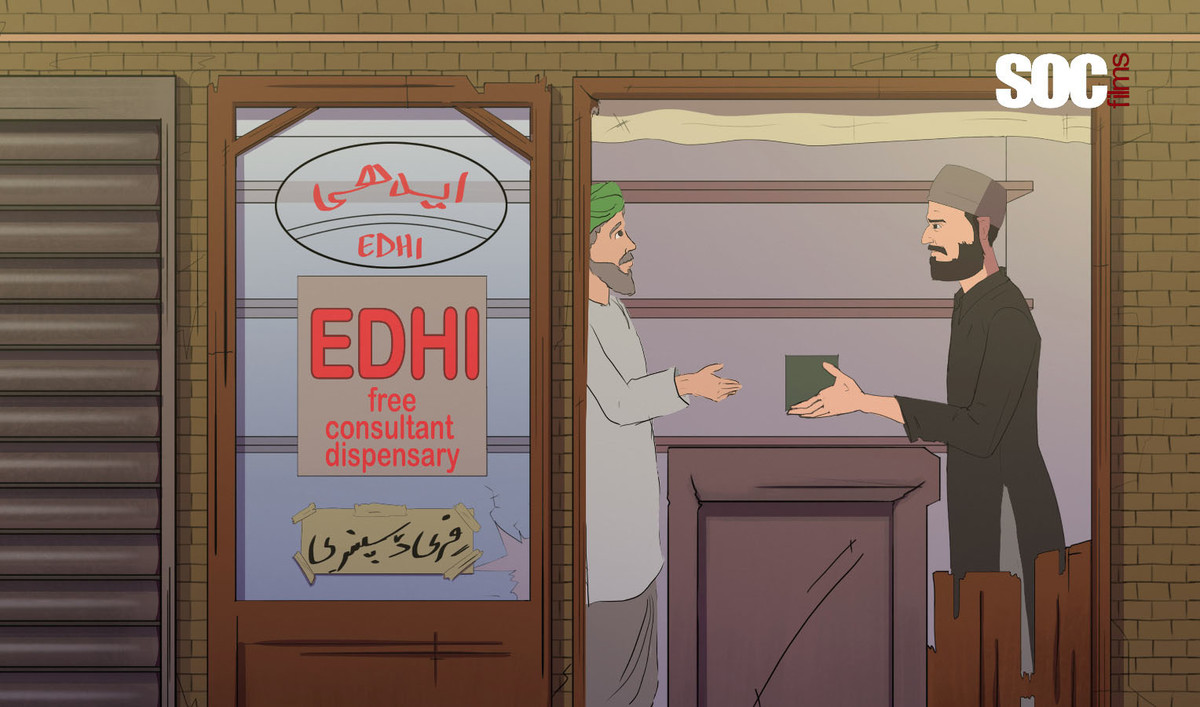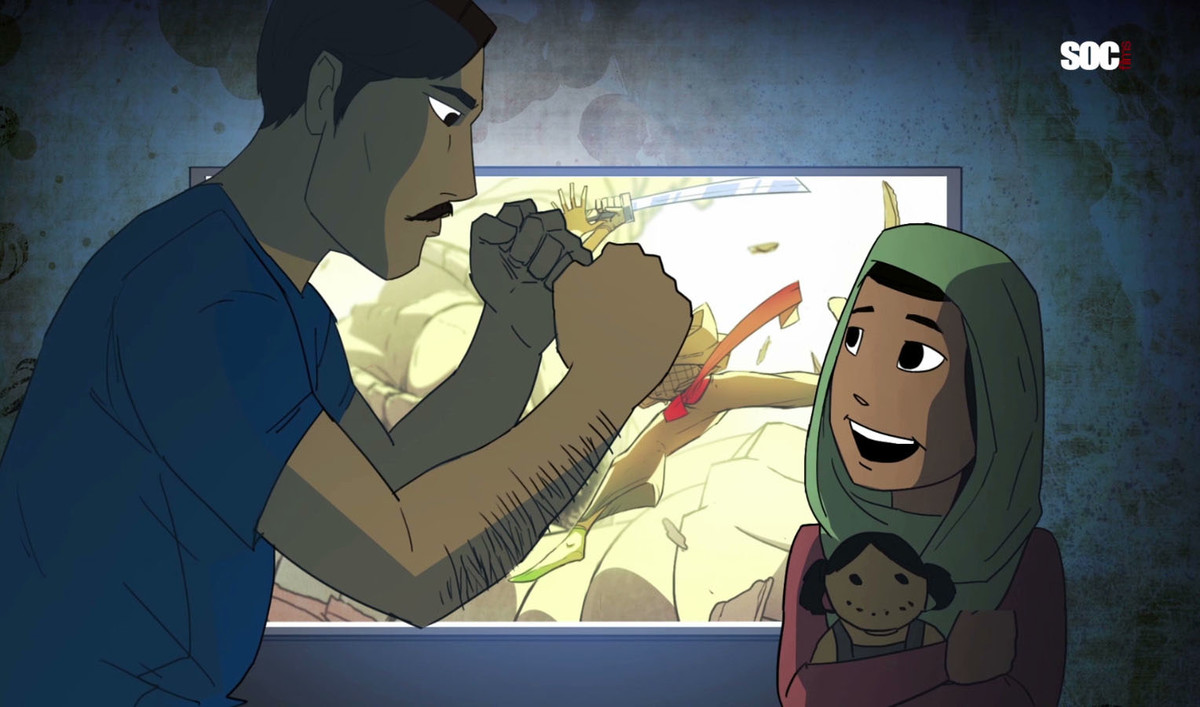ISLAMABAD: Sharmeen Obaid-Chinoy is one of the most recognizable, and successful, figures in the Pakistani entertainment industry. She already has a slew of international awards under her belt, including two Oscars, six Emmys and Pakistan’s Hilal-i-Imtiaz honor, for her international diplomacy through her work. Now she is continuing to push the boundaries of entertainment in exciting new directions with her latest venture, “Stories for Our Children.”
Produced by SOC Films, her own production company, “Stories for Our Children” is an animated series released on YouTube. It tells the true tales of some of Pakistan’s most inspirational citizens, who made names for themselves and made an impact on their country through activism, dedication or sheer hard work. Chinoy sought to create original content that would be both entertaining and educational to inform young Pakistanis about some of Pakistan’s most influential citizens, who they might not otherwise learn about.
The series premiered with an episode that told of the life and accomplishments of Pakistan’s most revered humanitarian, Abdul Sattar Edhi, who, among his many contributions to the country and the world, worked tirelessly to provide free and accessible health care.

The series began with an episode about Pakistan’s best-known humanitarian, Abdul Sattar Edhi, which covered his life from birth, through his extraordinary activism and work to provide free health care, to his death in 2016.
Episode two, which premiered this week, is about Kulsoom Hazara, who was orphaned at a young age but found solace, and great success, in the male-dominated sport of karate.

A still from the second episode of ‘Stories for Our Children’ focusing on the life and achievements of Kulsoom Hazara, a girl from the minority Hazara ethnic group who was orphaned at a young age but found an escape through her passion and talent for karate.
The subjects of the series represent a diverse range of inspirational Pakistani figures, past and present, who have had a considerable influence on society by setting out to make a difference, whether by addressing subjects such as diversity or gender roles, overcoming loss or simply working to make Pakistan a better place.
SOC Films released the show on YouTube to make it easily available to as many homes and schools as possible, in the hopes of inspiring the next generation of heroes — and perhaps those in the current and previous generations who may have forgotten or never learned about these national heroes.
The next episode will focus on Shaheed Aitzaz Hasan, who at the age of 16 sacrificed his life by tackling a suicide bomber to prevent him entering his school in the Hangu District in Khyber Pakhtunkhwa province in 2014.
Obaid-Chinoy won two Academy Awards, in 2012 and 2016, for her short documentaries “Saving Face” and “A Girl in the River: The Price of Forgiveness,” about acid attacks and so-called honor killings respectively. She also directed Pakistan’s first full-length computer-animated movie, “3 Bahadur,” which was released in 2015, and its 2016 sequel, “3 Bahadur: The Revenge of Baba Balaam.”



























